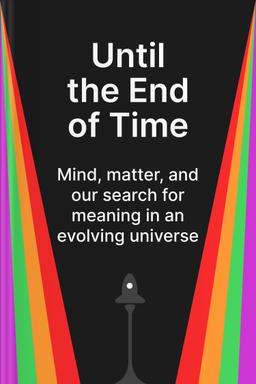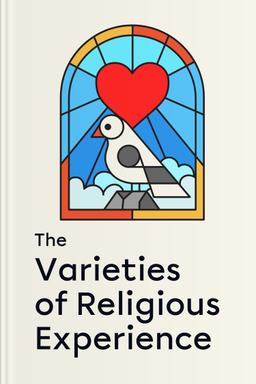What if everything you knew about reality was just the tip of the iceberg? Metaphysics is a subfield of philosophy that investigates the nature of reality, including existence, time, space, and consciousness. If you are intrigued by the mysteries of life and the universe, metaphysical books explore the types of questions that have intrigued humanity.
Metaphysics books dig into the questions that keep you up at night — what's actually real, why we exist, what consciousness even is, and how everything fits together. The good ones take ideas that sound impossibly complex and break them down in ways that actually click.
How metaphysical books reveal the secrets of the universe
Metaphysical books open up a world where questions about existence are examined through philosophical and scientific lenses. They explore the universe, being, and our interconnectedness. Many metaphysical works take a holistic approach, using logic alongside abstract thought to reveal a larger perspective of the world.
These books introduce readers to ideas of consciousness, the mind-body connection, and the nature of time and space. What makes metaphysical books special is their ability to invite us to think differently about existence — to push our thinking beyond conventional boundaries and question whether deeper truths can be accessed through contemplating our place in the universe.
If you're wrestling with existential questions or seeking enlightenment, metaphysics offers wisdom for both intellectual and spiritual growth.
How metaphysical books challenge the way we think
The very nature of metaphysical books can help frame how we understand the world. They are often the first to raise questions that may not have definitive answers and present multiple possibilities — concepts like free will, infinity, and mind-body connections.
Throughout history, many of the greatest minds have spent their lives thinking and writing about these subjects. Each offers their own explanations, perspectives, and theories of what reality is. Because of this, metaphysical books can facilitate intellectual engagement, emotional growth, and spiritual development.
In many instances, when readers make their way through books on metaphysics, they're encouraged to set aside their own assumptions and seek to deepen their understanding of the possibilities that life can offer and their own place in the world.




